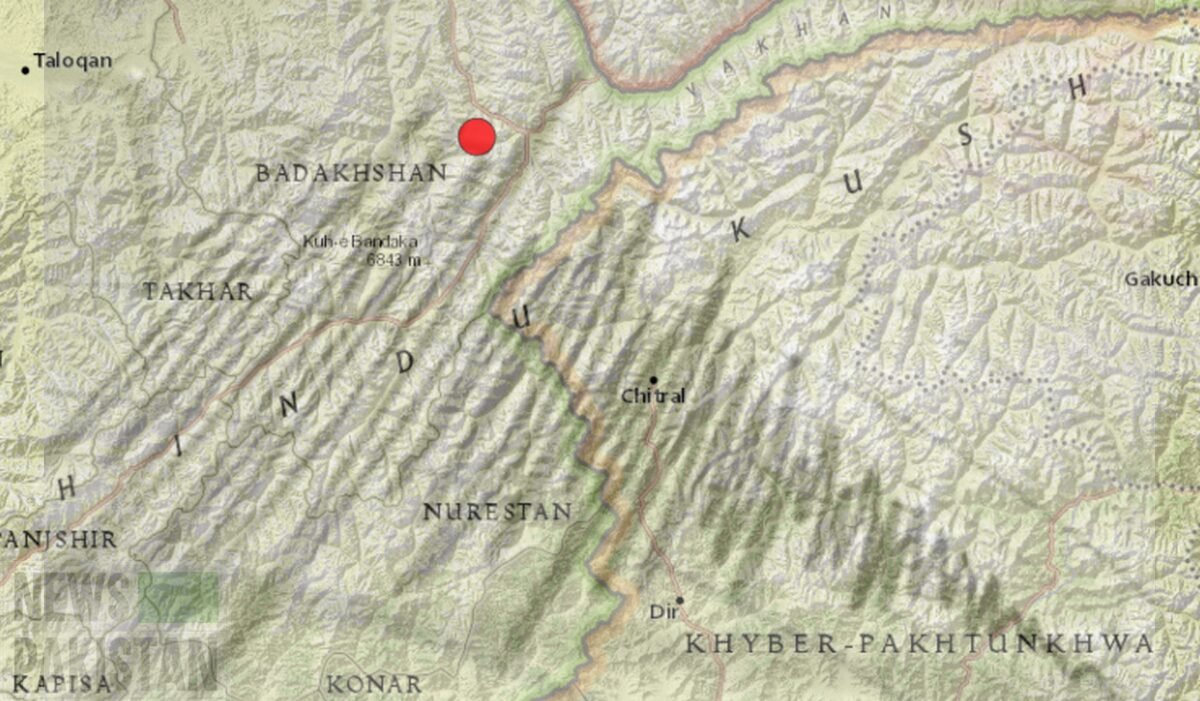ISLAMABAD: Removing tonsils and adenoids in childhood increases the long-term risk of respiratory disorders such as asthma and influenza, as well as allergic and infectious diseases, says a study of nearly 1.2 million children.
The researchers suggest renewed evaluation of alternatives to these common pediatric surgeries that include removal of tonsils (tonsillectomy) to treat chronic tonsillitis or adenoids (adenoidectomy) to treat recurrent middle ear infections.
Tonsillectomy was associated with an almost tripled relative risk – the risk for those who had the operation compared with those who did not – for diseases of the upper respiratory tract including asthma, influenza, pneumonia and chronic obstructive pulmonary disorder or COPD. COPD is the umbrella term for diseases such as chronic bronchitis and emphysema.
Adenoidectomy was found to be linked with a more than doubled relative risk of COPD and a nearly doubled relative risk of upper respiratory tract diseases and conjunctivitis, according to the results published in the Journal of the American Medical Association Otolaryngology Head and Neck Surgery.
“We calculated disease risks depending on whether adenoids, tonsils or both were removed in the first 9 years of life because this is when these tissues are most active in the developing immune system,” said one of the study authors, Sean Byars from the University of Melbourne in Australia.
The adenoids and tonsils act as a first line of defense, helping to recognize airborne pathogens like bacteria and viruses and begin the immune response to clear them from the body. For the study, the team analyzed a dataset from Denmark of 1,189,061 children born between 1979 and 1999, covering at least the first 10 years and up to 30 years of their life.
A relevant piece published earlier: As the time goes by, allergic disease among kids & asthma in kids is increasing day by day. Parents go haywire wondering what triggers the said ailments. In such, savants, in their latest discovery, have solved this mystery by claiming that those little ones, who take up acid-suppressive medications and antibiotics throughout infancy, are highly likely to mount allergic ailments and asthma. Usually, acid-suppressive medications are given to infants as to cure gastric acidity, which is a widespread disorder among kids. Elaborated on further, study lead author Dr. Edward Mitre from the Uniformed Services University in Bethesda, Maryland stated that doctors tend to provide both prescriptions to infants with gastroesophageal reflux very frequently. However, this is the onus of health officials that they only prescribe such medicines only if the situation is severe. In order to determine this, the study recruited some 792,130 kids. Also, academics have been through the medical records of all the participants.
They set out to know the association between taking the said medicines within the first six months of infants’ life and developing asthma later. Their outcomes revealed that those kids, who were given acid-suppressive pills particularly antibiotics, have been reported with graver odds of having all sorts of allergic disease (food allergy, anaphylaxis, asthma, atopic dermatitis, allergic rhinitis, allergic conjunctivitis, urticaria, contact dermatitis, medication allergy, respiratory allergies such as eye and nasal allergies) except seafood allergy. It has further been learned that apart from triggering allergies, such medicines could also wreak skin chaos such as contact dermatitis or eczema. According to the scientific evidence, these prescriptions could potentially affect the bacteria exist in humans intestinal system, making the immune system fragile and resulting in causing allergies. Journal JAMA Pediatrics has run the ramifications. It is pertinent to mention here that some 235 million people particularly kids are living with asthma around the globe. (3rd April 2018)











